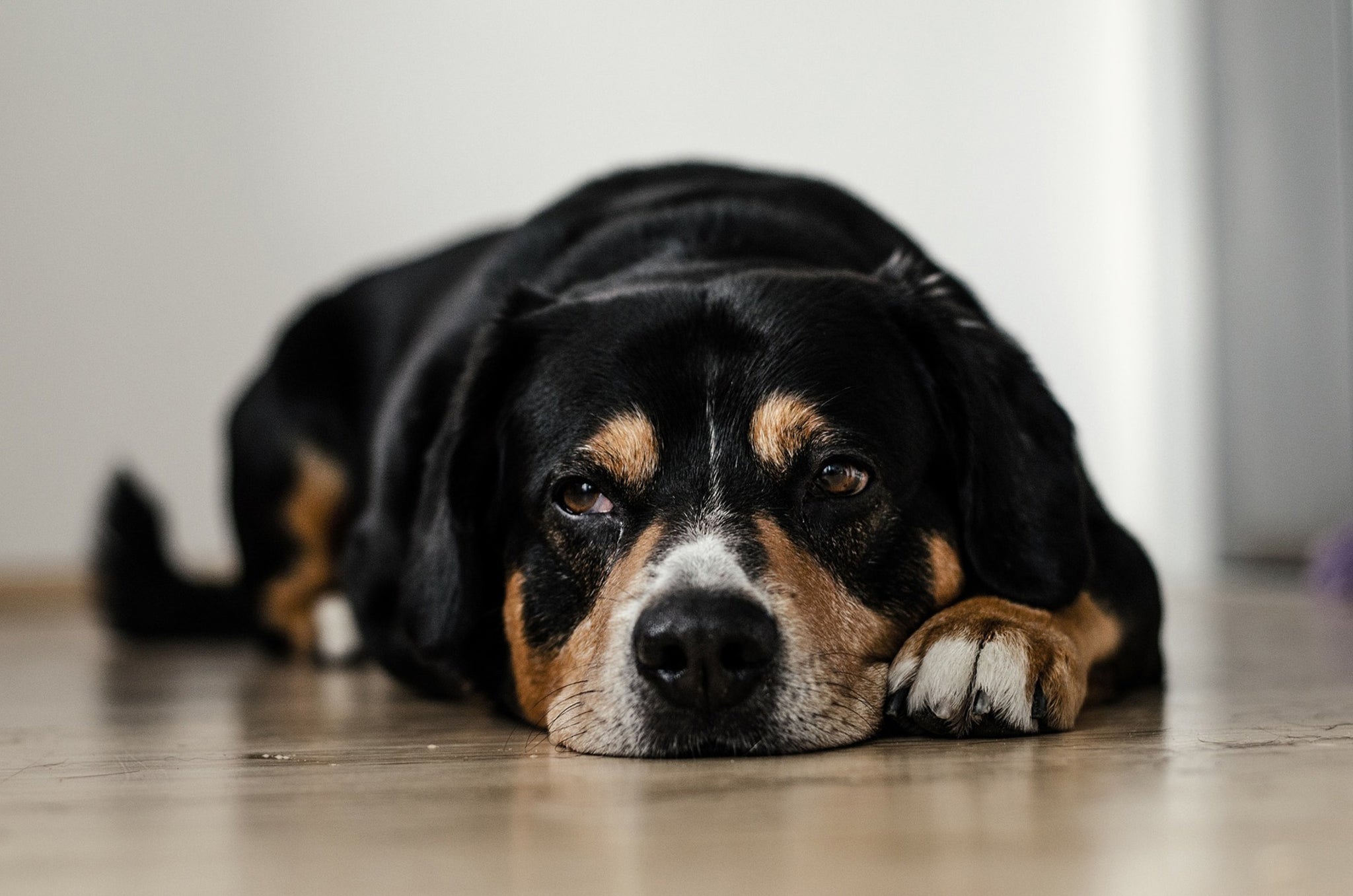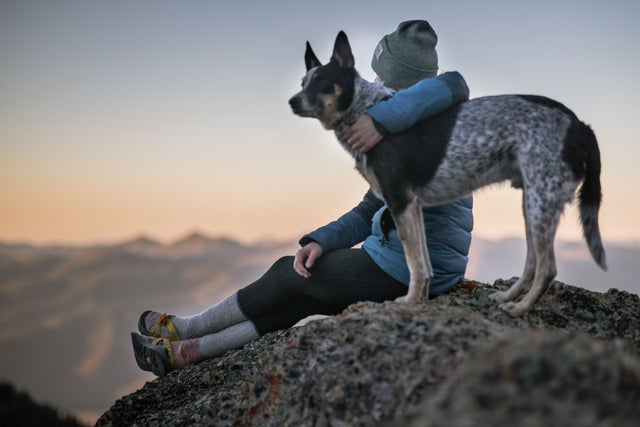If you suspect signs of cancer in your dog, make notes of your observations to share with your veterinarian. Here are five signs that you shouldn’t ignore.
Swollen Lymph Nodes
While not always painful, swollen lymph nodes are one of the most common symptoms of canine lymphoma. Lymphomas primarily attack white blood cells, but they can also affect the gastrointestinal tract, bone marrow, and skin.
While lymph node swelling typically occurs under the jaw, it can also occur on your dog’s chest or behind his knees. Swollen nodes feel rubbery and move freely under the skin.
All breeds are susceptible to canine lymphoma, though it is particularly common in Golden Retrievers and Boxers.
Unexplained Lumps or Bumps
Not all lumps and bumps on your dog point to cancer. It is impossible to know if a bump is cancerous until you visit your veterinarian. If you spot a new lump or bump on your dog, get it checked out as soon as possible. If identified early, some cancerous tumors can be removed.
Sometimes, cancerous tumors disguise themselves as non-cancerous ones. Fibrosarcomas, cancer that attacks cells in soft tissue, feel similar to lipomas—a type of benign tumor.
Unexplained Weight Loss
Sudden or unexplained weight loss could be caused by a number of illnesses, including cancer. As a cancer symptom, weight loss is caused by a combination of decreased food intake and the metabolic demands of the cancer itself. More specifically, sudden weight loss could point to gastrointestinal cancer.
Lameness
Limping or stiffness, especially in large dog breeds, is a common symptom of osteosarcomas (bone cancer). This symptom could also indicate nerve or muscle cancers. In older dogs, lameness could also be a sign of arthritis.
Difficulty breathing
If your dog frequently wheezes, struggles for air, or produces a dry cough, it could be a sign of lung cancer. Lung cancer is a relatively aggressive form of cancer, primarily affecting older dogs. Further, the symptoms are similar to those of other respiratory illnesses. If your dog presents any difficulty breathing while playing or resting, it is likely a sign of illness.
Being proactive in your pet’s wellbeing is an important part of pet parenting. If your dog’s behavior suddenly changes or begins to concern you, seek the advice of your veterinarian.




